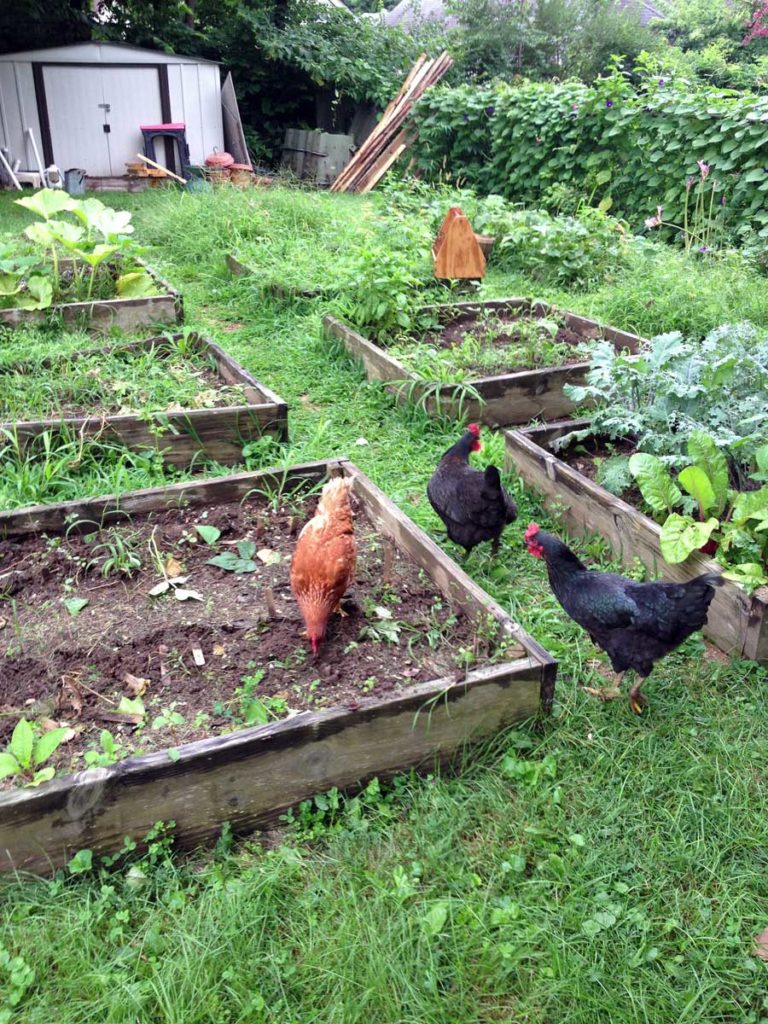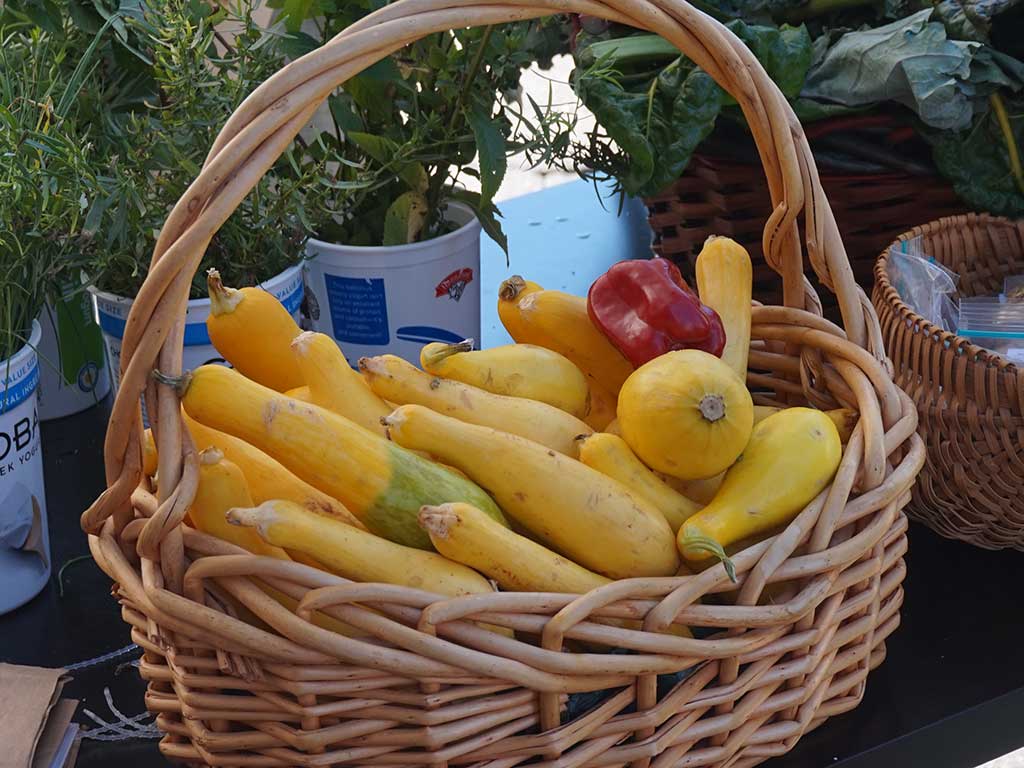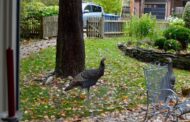
WORKING WITH NATURAL SYSTEMS

Spring is soon upon us. And if you are a gardener, now is the time to be planning what to plant and where. Since gardening is far more than planting a few seeds to grow fresh produce, it fits nicely into one of the Six Big Moves outlined in One Climate Future. Nourish ecosystems which nourish us.
Agriculture produces nearly one fourth of global greenhouse gas emissions.
Increasing the carbon capturing capability of yards may be one of the best actions homeowners and renters alike can take to deal with the climate crisis. Check out seed catalogues to get a head start on the gardening season. In Maine, two companies have long histories of serving our community – Johnny’s Selected Seeds (www.johnnyseeds.com) and FEDCO Seeds (www.fedcoseeds.com). Their catalogues are informative and free.
Planting fruit trees and native flora may be the best way to get the biggest bang for the buck. Native plants in particular require minimal maintenance to continually produce from year to year.
Those who prefer to take a rounded, big picture approach to gardening may want to explore the practice of permaculture. Inspired by indigenous and traditional wisdom, permaculture mimics the diversity of natural ecosystems. Permaculture practitioners design with plants, animals, buildings, and organizations, while always focusing on the interconnections between them to create a healthy, sustainable whole.
Together rocks, soil, water, air, and living things make up the Earth’s ecosystem. Appreciate the complexity of this. Consider that our soil is not just dirt but the home of tons of beneficial fungi, microbes, invertebrates. It decomposes dead plants and animals, filtrates water, and provides nutrients for growing plants. Three of the main tenets of permaculture are to care for the Earth, care for the people, and share the surplus.
BRIGHT IDEA: Learn and apply fundamental principles of permaculture.
Since permaculture holds powerful lessons to guide us in saving resources and cutting emissions, we will consider more of its basic concepts in future installments of Bright Ideas. In the meantime, readers will find a straightforward and readable guide on the subject in the classic “Gaia’s Garden” by Toby Hemenway.
Maine is fortunate to have a strong permaculture community. To find out about that, contact the Resilience Hub (www.resiliencehub.org.).
Bright Ideas is brought to you by Portland Climate Action Team who meet on the fourth Thursday of the month, 6-7:30 p.m. All are welcome to join in. FMI: portlandclimateaction@gmail.com.





